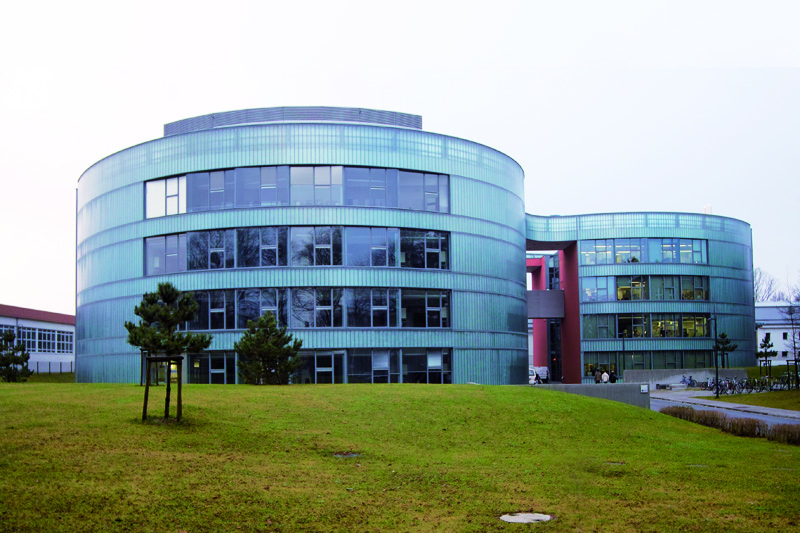Fraunhofer IZI receives grant from TaNeDS research program for new developments in the field of inflammatory bowel disease
The Fraunhofer Institute for Cell Therapy and Immunology’s Rostock-based Extracorporeal Immunomodulation Department has been successful in its application for a grant in the field of pharmaceutical research offered by Japanese pharmaceutical company Daiichi Sankyo Company, Limited (Daiichi Sankyo). In line with the competition title "Take a New Challenge for Drug Discovery (TaNeDS) Europe 2017", the team presented a project aimed at developing a new humanized mouse model which will improve research into inflammatory bowel disease (IBD). The project started in February 2018.
Ulcerative colitis and Crohn's disease are the main types of inflammatory bowel disease (IBD), i.e. idiopathic inflammatory diseases affecting the gastrointestinal tract. These diseases affect around 2.5 million people in Europe and are still not curable today. IBD patients have to take medication for the rest of their lives and/or undergo surgical treatment. Animal models are an important instrument when it comes to improving research into these diseases and developing appropriate treatments. It is crucial here that insights gained from animals are able to be transferred to humans. In order to do this, as many aspects of the disease as possible have to be reproduced in the model exactly as they would occur in the human organism.
"The models available until now are unable to faithfully reproduce many aspects of IBD. This is particularly apparent if you compare the composition of the gut microbiota of humans and mice. Although the same bacterial strains are endemic in both organisms, differences are apparent upon closer inspection, which makes interpreting data from animal models and transferring findings to humans rather difficult. The importance of having an animal model that resembles the human disease as closely as possible is highlighted by the fact that bacterial gut flora is vastly altered in IBD patients and is critical to the disease process," explains Dr Anne Breitrück, Head of the Research Project.
One way of improving the informative value of animal models is to use humanized mouse models. The research project therefore aims to develop and optimize precisely this kind of humanized mouse model. In order to achieve the project goal, researchers from the Rostock department will work closely together with colleagues from the institute’s Leipzig headquarters. The Inflammation Models and Immunodiagnostics Unit headed up by Dr Franziska Lange is able to contribute a great deal of experience in the application of humanized animal models (e.g. septicemia, graft-versus-host disease and cancer). The Bioinformatics Unit (Dr Kristin Reiche) will monitor the success of the transplantations by drawing on sequencing processes. The research project is being funded for two years by Daiichi Sankyo Company, Limited with a total grant amount of EUR 160,000.
The TaNeDS program was first launched in Japan in 2011. Aimed at expanding cooperation work between Japanese and European scientists, the program was opened up to all EU member states in 2013 under the title "TaNeDS Europe". From 2018, the TaNeDS program was further extended to include eastern area of US under the title "TaNeDS Global".
Contact
Dr. Anne Breitrück
Phone +49 381 494-2640
anne.breitrueck@izi.fraunhofer.de
